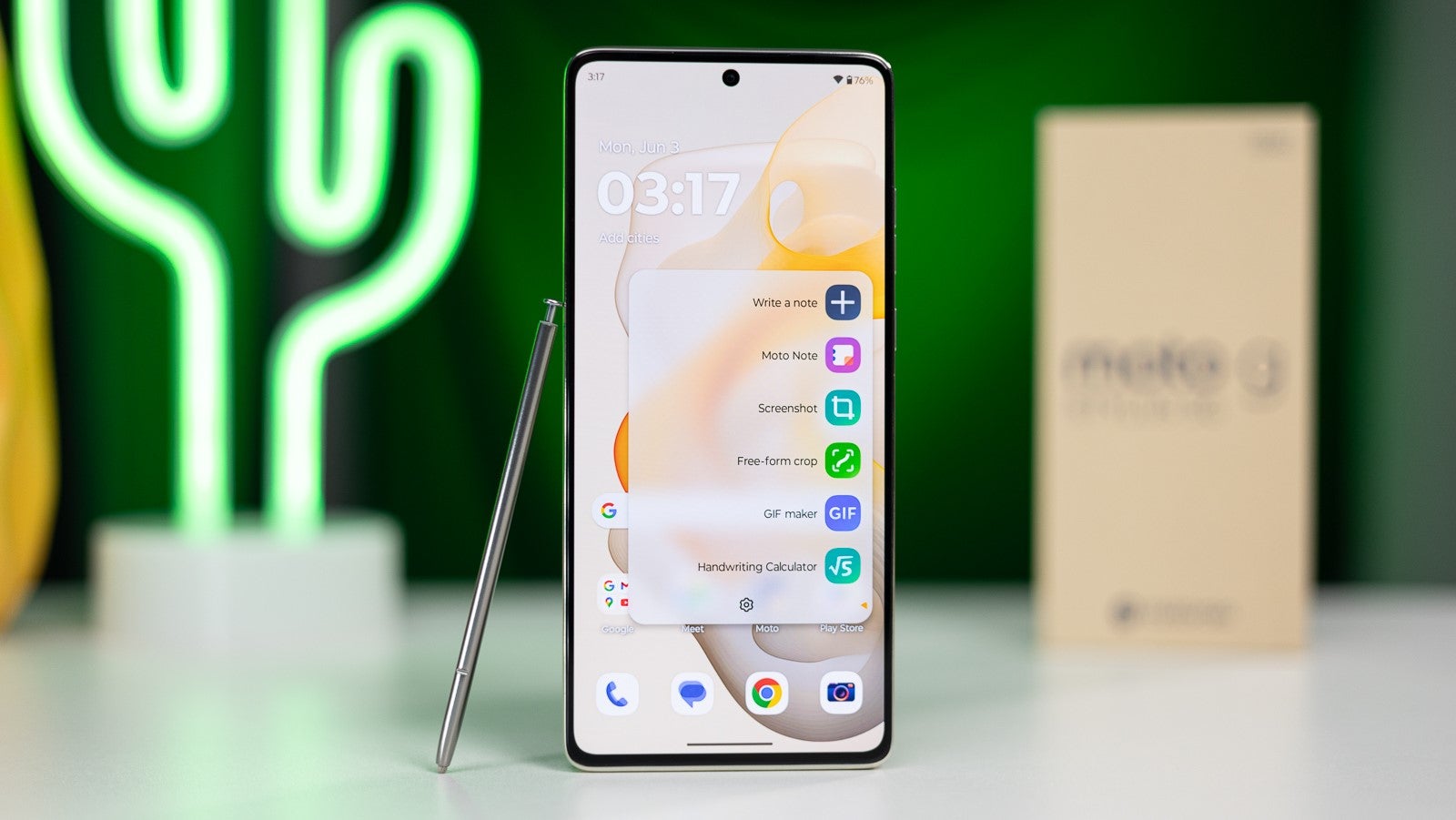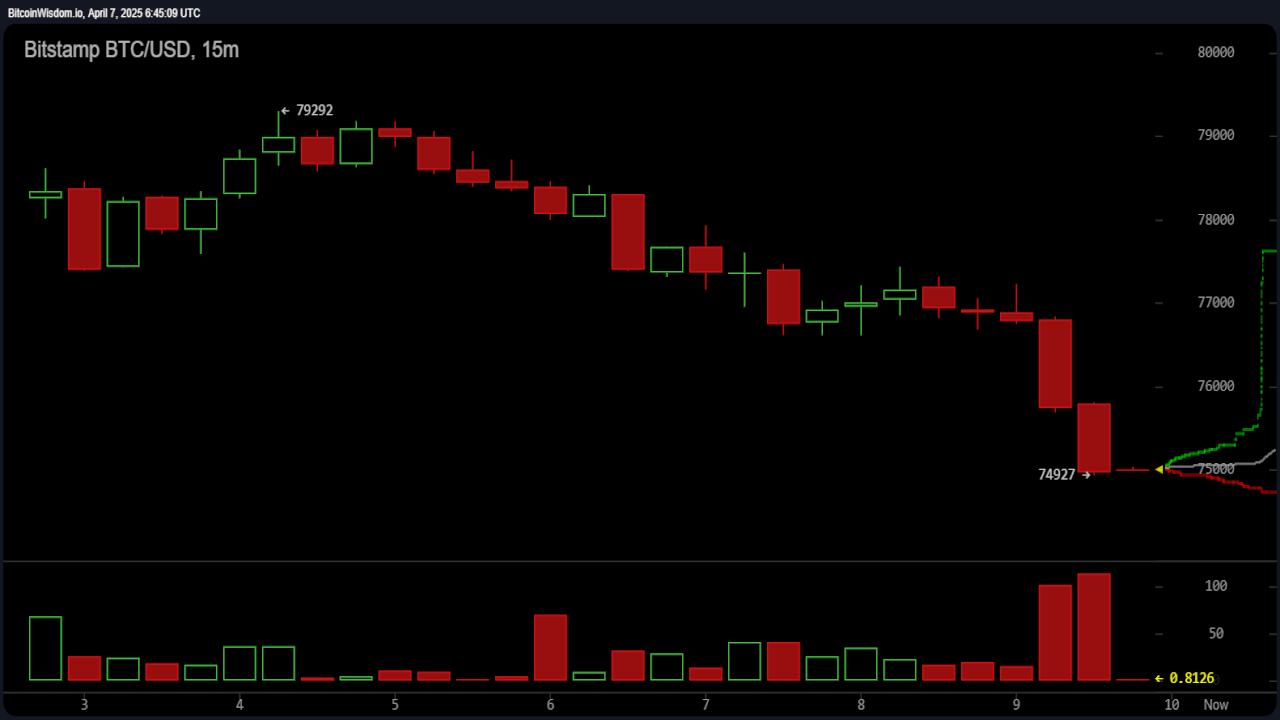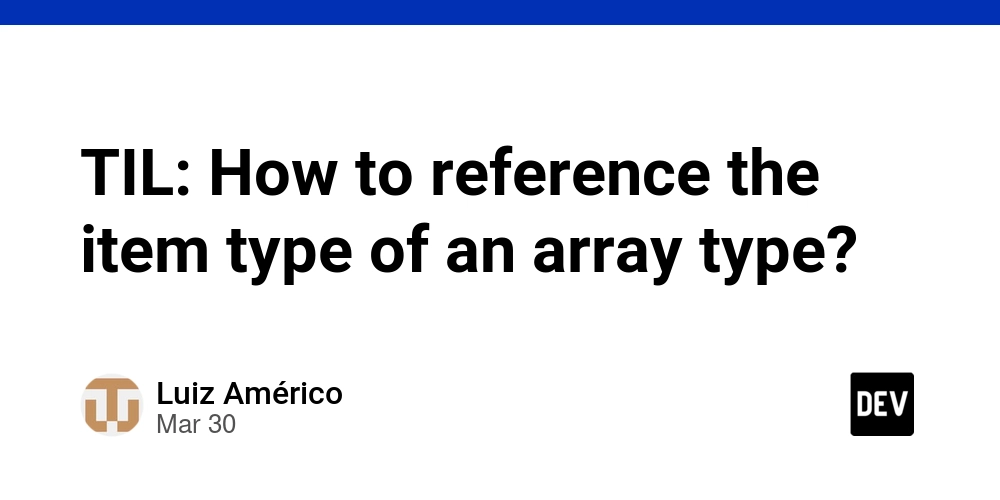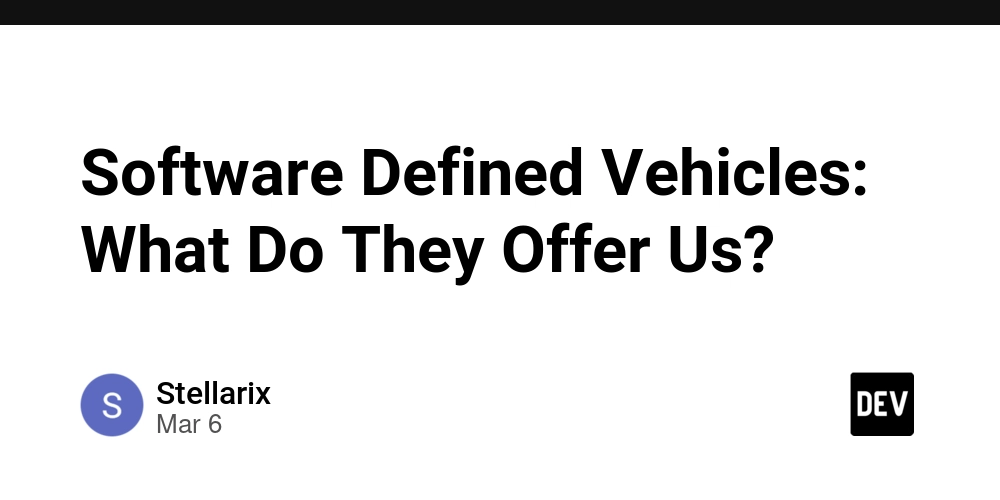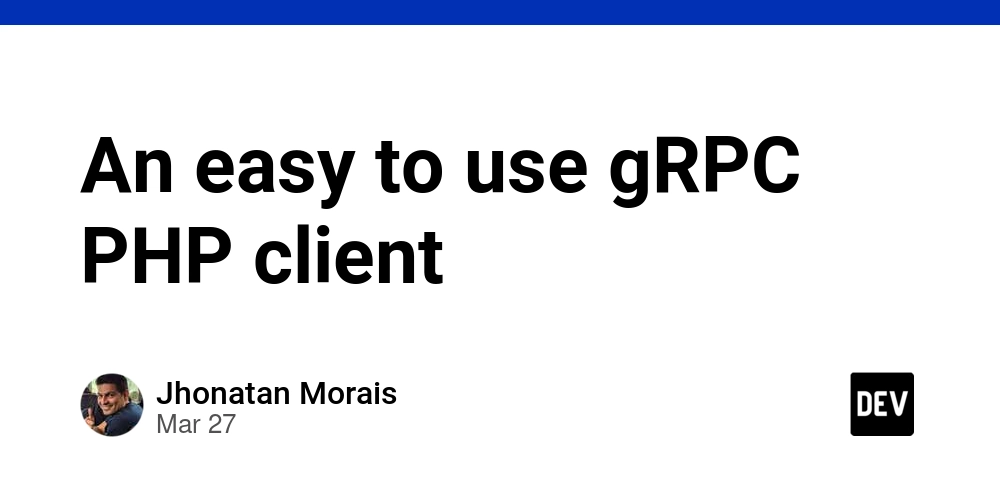EC2: Billing and Purchase Option
Connect with me on LinkedIn! EC2 Instance Purchase Options There are seven types of EC2 instance purchase options: On-Demand Instances – These instances are billed by the second when launched. You can pay for the instances per hour or per second, with a 60-second minimum. No commitment is required for such instances. Savings Plan – These instances offer a discount when a commitment of 1 or 3 years is made to use a consistent amount per hour. Use this option when you can commit to consistent usage but do not require a consistent configuration. Reserved Instances – These instances offer a discount when a commitment of 1 or 3 years is made to keep the same configuration. Use this when you need a consistent configuration and capacity reservation. Reserved Instances are offered at up to a 75% discount. While not deprecated, AWS encourages using the Savings Plan instead of Reserved Instances as the preferred way to save on EC2 instances. Spot Instances – These are heavily discounted instances that utilize unused EC2 capacity with no commitment. They are useful if your applications can tolerate interruptions. Spot Instances are offered at up to a 90% discount off the On-Demand price with no prior commitment. Dedicated Hosts – These are entire physical hosts fully dedicated to running EC2 instances. Discounts are available for existing per-socket, per-core, or per-VM software licenses. Dedicated Instances – These are instances running on single-tenant hardware. Dedicated Hosts and Dedicated Instances are useful when software compliance requirements necessitate isolation. Capacity Reservations – This option reserves capacity for EC2 instances in a specific Availability Zone. Capacity reservations are billed at the equivalent rate of On-Demand instances, whether they are used or not. Connect with me on LinkedIn! In my next article, I will be writing about how to choose the appropriate billing option. More to read: EC2 Instance Store: High-Performance Temporary Storage for Your Workloads EC2 Configuration options
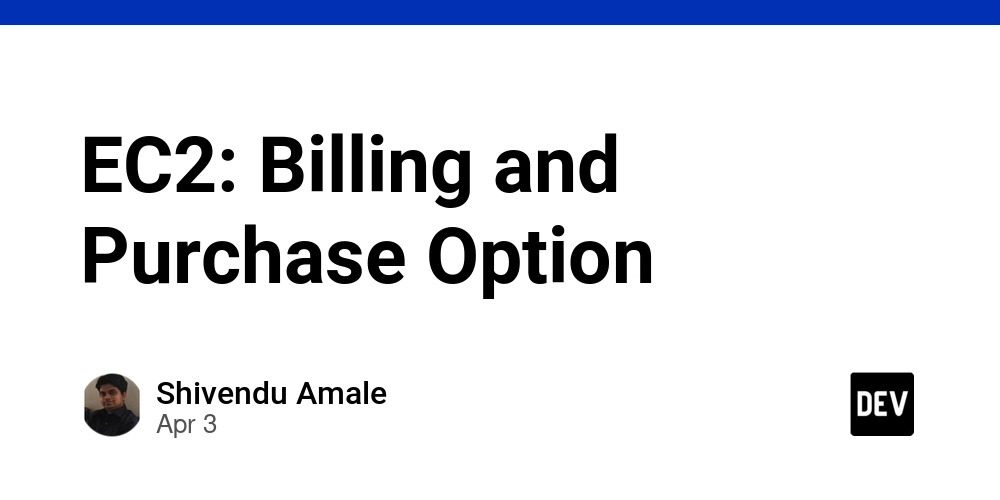
Connect with me on LinkedIn!
EC2 Instance Purchase Options
There are seven types of EC2 instance purchase options:
On-Demand Instances – These instances are billed by the second when launched. You can pay for the instances per hour or per second, with a 60-second minimum. No commitment is required for such instances.
Savings Plan – These instances offer a discount when a commitment of 1 or 3 years is made to use a consistent amount per hour. Use this option when you can commit to consistent usage but do not require a consistent configuration.
Reserved Instances – These instances offer a discount when a commitment of 1 or 3 years is made to keep the same configuration. Use this when you need a consistent configuration and capacity reservation. Reserved Instances are offered at up to a 75% discount. While not deprecated, AWS encourages using the Savings Plan instead of Reserved Instances as the preferred way to save on EC2 instances.
Spot Instances – These are heavily discounted instances that utilize unused EC2 capacity with no commitment. They are useful if your applications can tolerate interruptions. Spot Instances are offered at up to a 90% discount off the On-Demand price with no prior commitment.
Dedicated Hosts – These are entire physical hosts fully dedicated to running EC2 instances. Discounts are available for existing per-socket, per-core, or per-VM software licenses.
Dedicated Instances – These are instances running on single-tenant hardware. Dedicated Hosts and Dedicated Instances are useful when software compliance requirements necessitate isolation.
Capacity Reservations – This option reserves capacity for EC2 instances in a specific Availability Zone. Capacity reservations are billed at the equivalent rate of On-Demand instances, whether they are used or not.
Connect with me on LinkedIn!
In my next article, I will be writing about how to choose the appropriate billing option.
More to read:

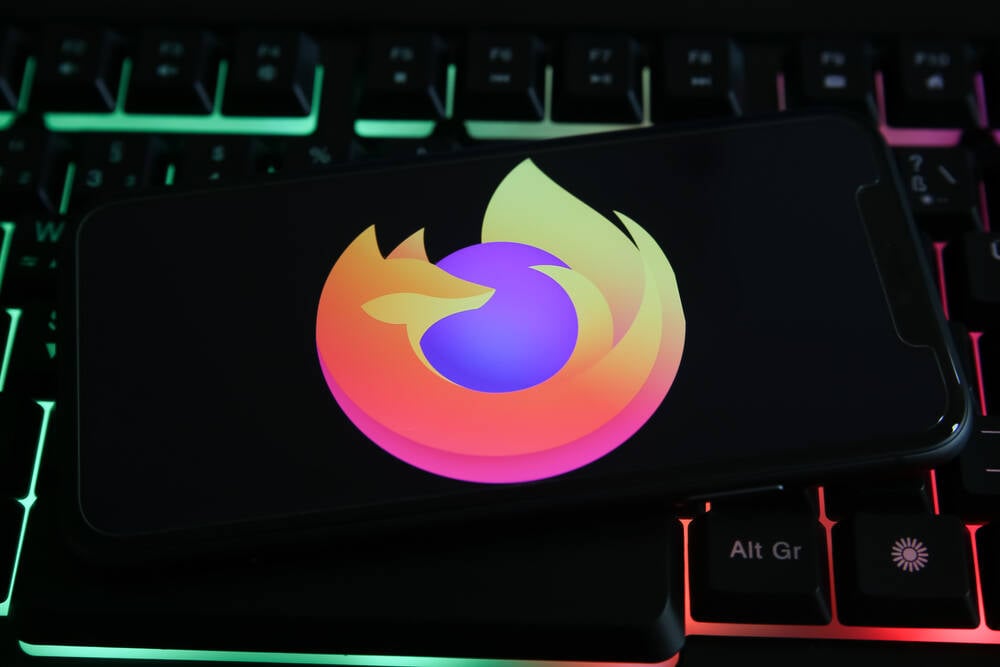







































































































































































![[The AI Show Episode 142]: ChatGPT’s New Image Generator, Studio Ghibli Craze and Backlash, Gemini 2.5, OpenAI Academy, 4o Updates, Vibe Marketing & xAI Acquires X](https://www.marketingaiinstitute.com/hubfs/ep%20142%20cover.png)


















































































































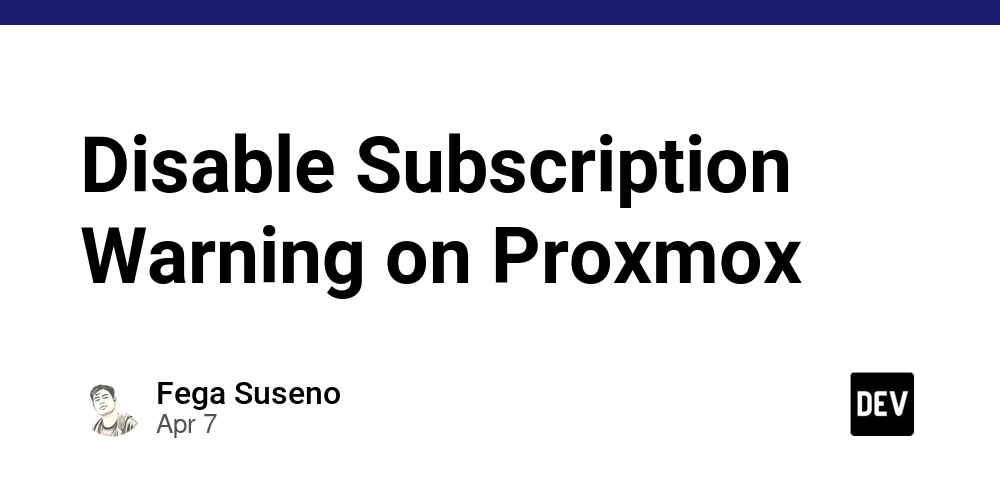
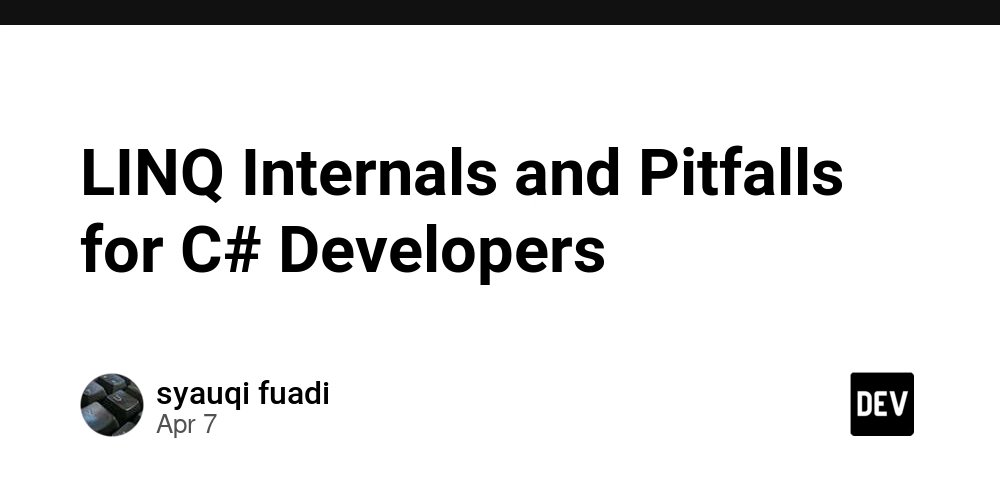
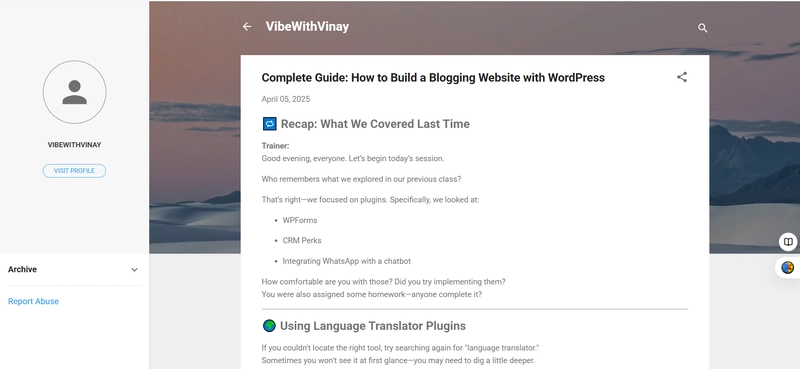










![[DEALS] The Premium Learn to Code Certification Bundle (97% off) & Other Deals Up To 98% Off – Offers End Soon!](https://www.javacodegeeks.com/wp-content/uploads/2012/12/jcg-logo.jpg)

![From drop-out to software architect with Jason Lengstorf [Podcast #167]](https://cdn.hashnode.com/res/hashnode/image/upload/v1743796461357/f3d19cd7-e6f5-4d7c-8bfc-eb974bc8da68.png?#)



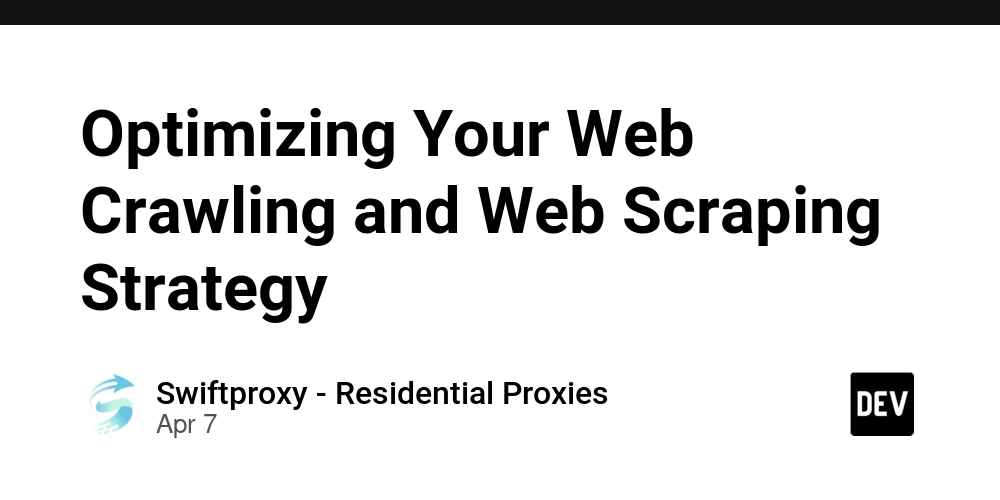



































































































.png?#)



































_Christophe_Coat_Alamy.jpg?#)
.webp?#)
.webp?#)


















































































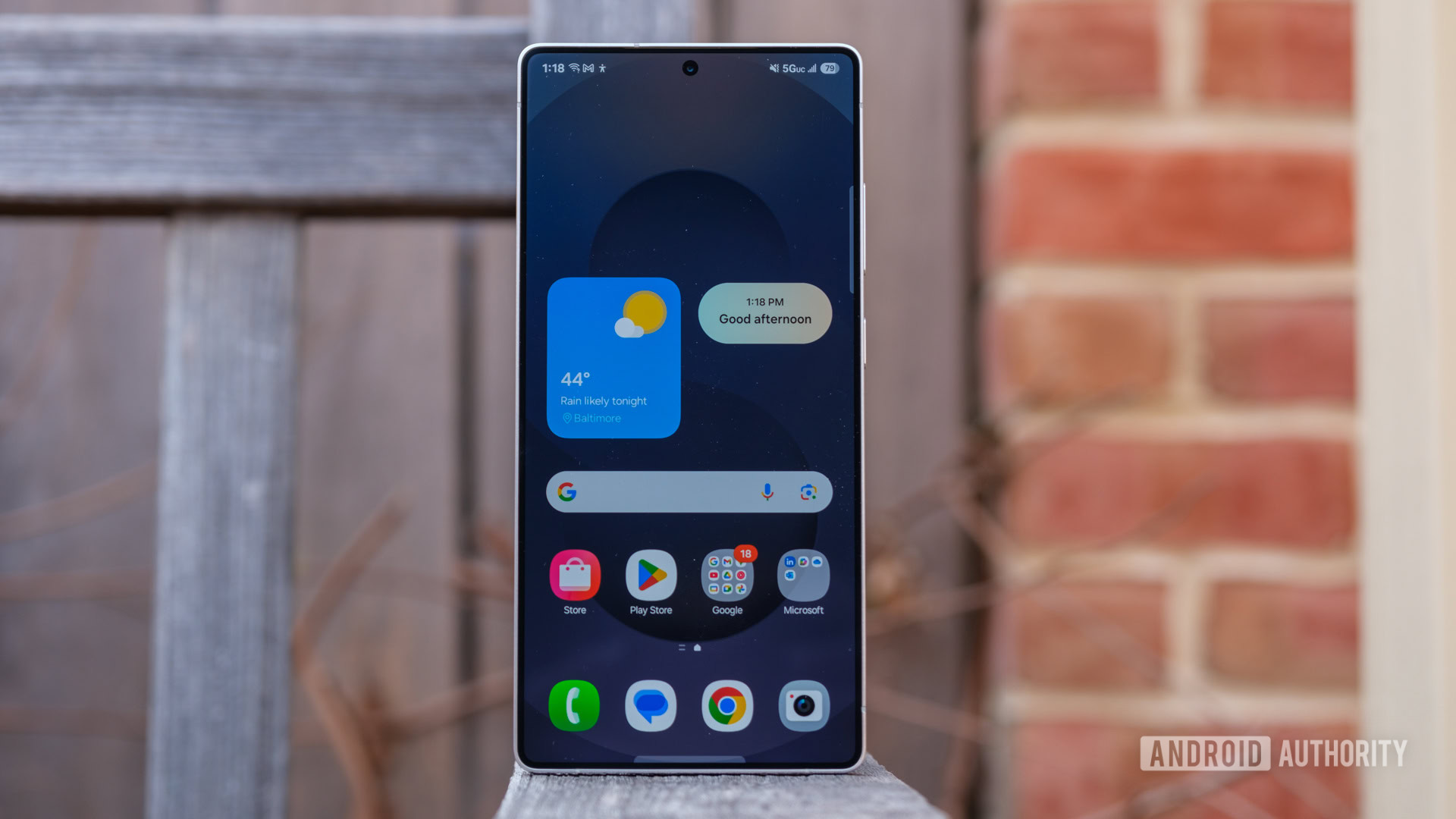

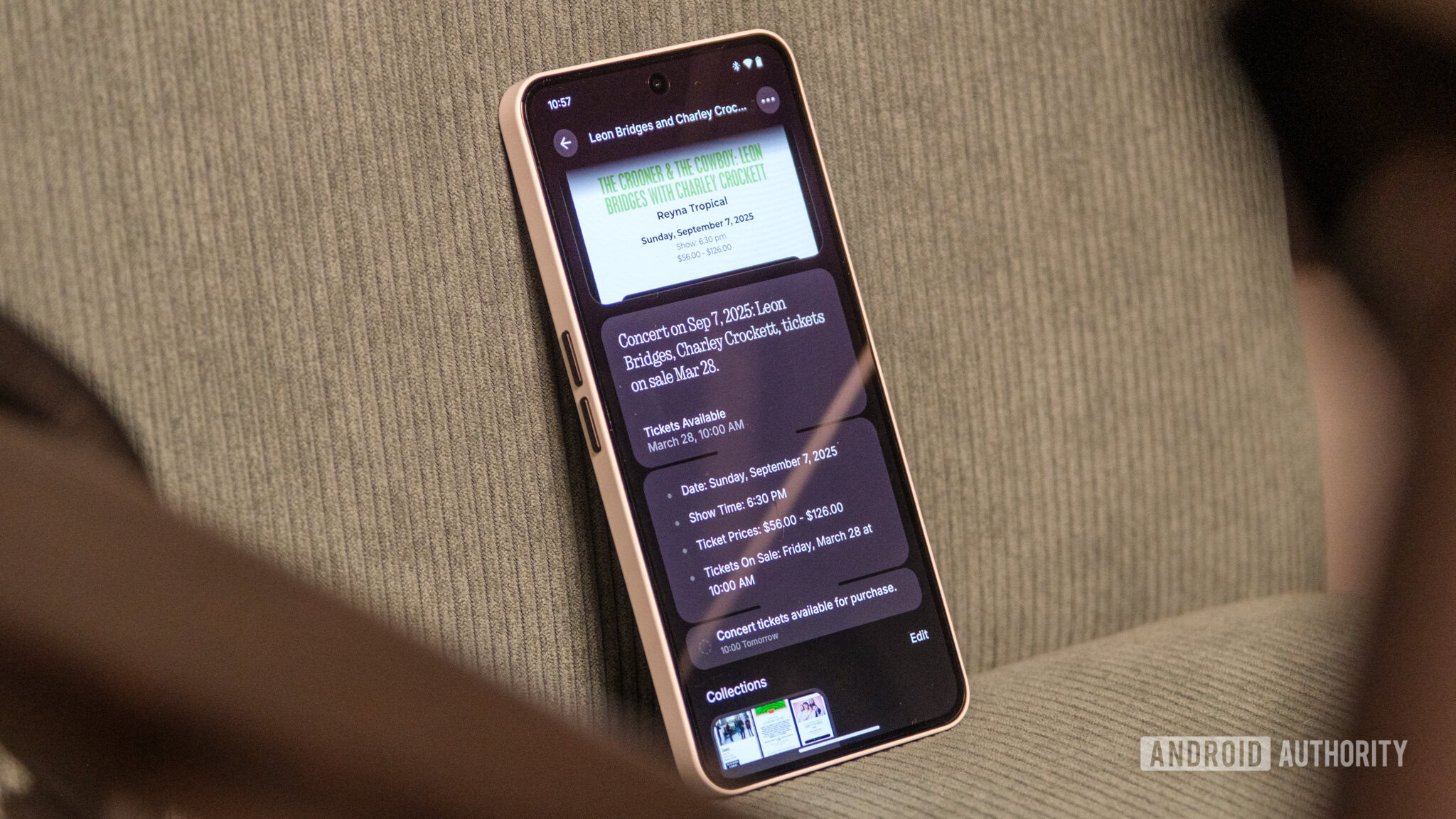



















![Apple Considers Delaying Smart Home Hub Until 2026 [Gurman]](https://www.iclarified.com/images/news/96946/96946/96946-640.jpg)
![iPhone 17 Pro Won't Feature Two-Toned Back [Gurman]](https://www.iclarified.com/images/news/96944/96944/96944-640.jpg)
![Tariffs Threaten Apple's $999 iPhone Price Point in the U.S. [Gurman]](https://www.iclarified.com/images/news/96943/96943/96943-640.jpg)



















































